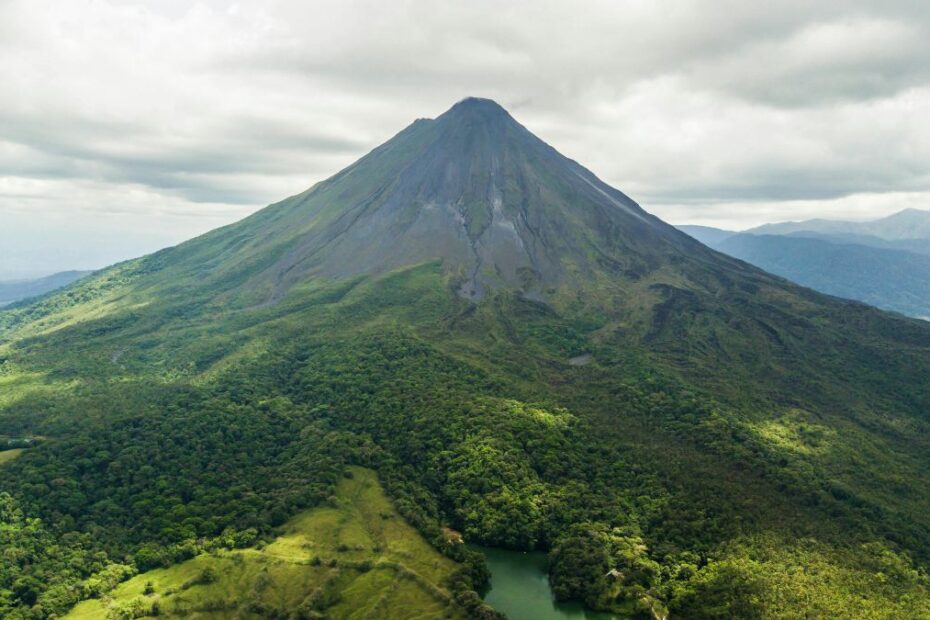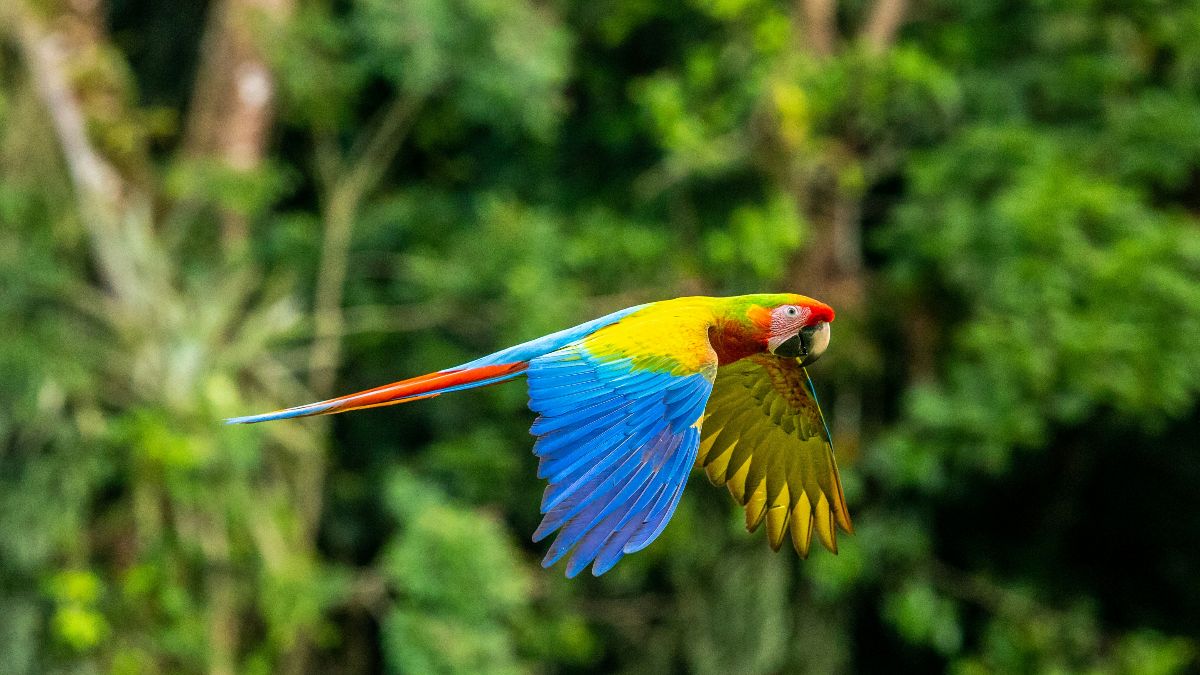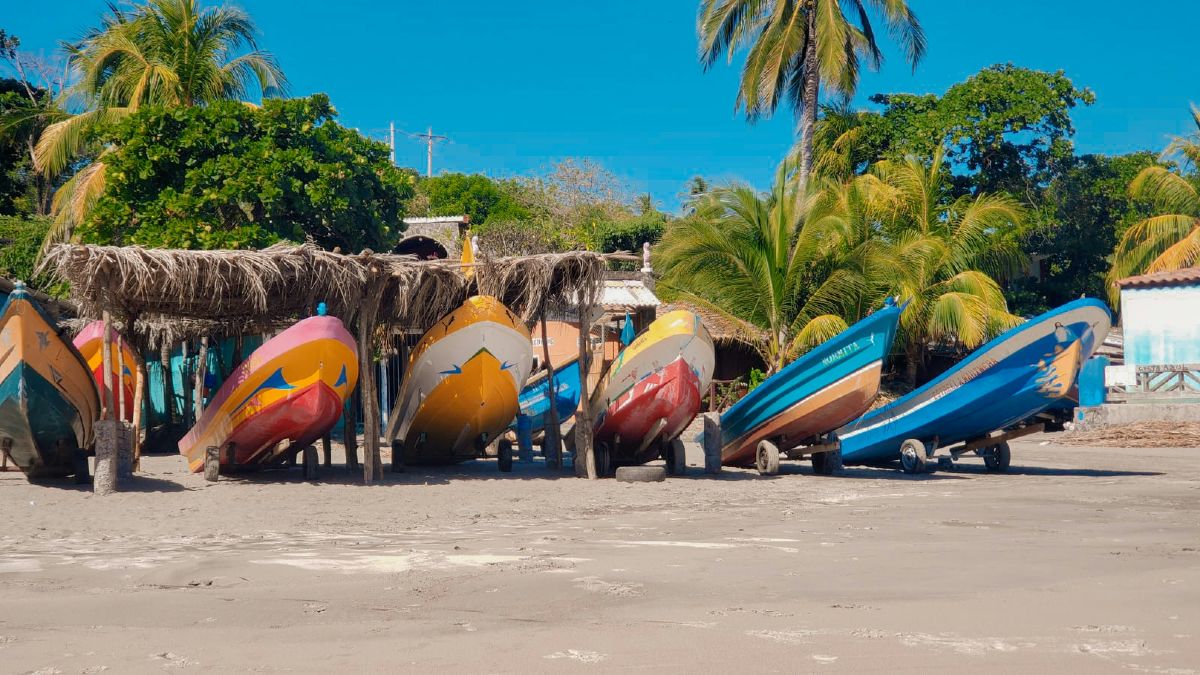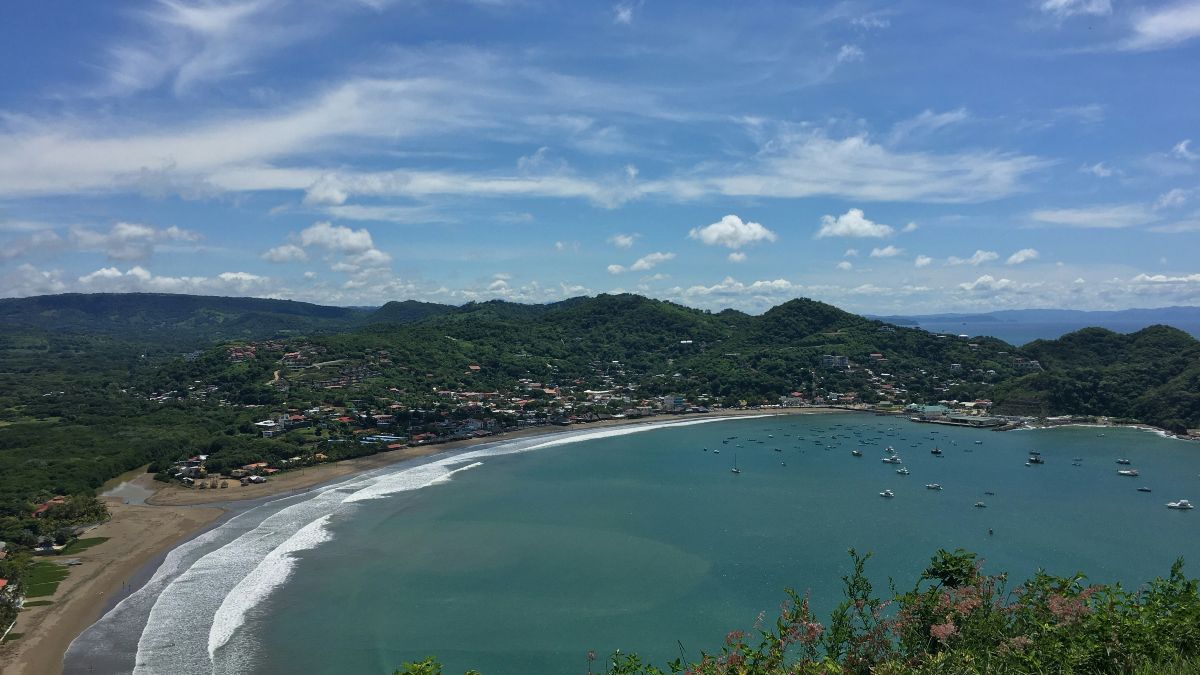P3, Costa Rica’s premier sustainable tourism gathering returns to San José this month with a focus on gentrification, climate change, and more. In this article we take a look at what to expect.
There’s no doubt right now that Costa Rica’s tourism sector is in flux, with a range of issues that have challenged the country’s long-standing reputation as a global leader in sustainable travel. And while it might feel that Costa Rica’s traditional focus on boutique and ecologically-aware tourism has lost some of its mojo, it’s still one one of Costa Rica’s most important economic drivers. It’s still there and still a real force for good, if managed responsibly.
That’s the backdrop to this year’s Planet, People, Peace (P3) conference, organized by the National Chamber of Ecotourism and Sustainable Tourism (CANAECO). Taking place August 27–28 at the Real Intercontinental Hotel in Escazú, west of San José, the event brings together some 30 national and international speakers for a two-day conversation about the future of tourism and what needs to change.
Billed as the most important edition of the event to date, P3 2025 is focused on moving past empty slogans and tackling the real issues head-on: climate change, gentrification, ecosystem degradation, and the risk of a tourism model that no longer works for local communities; an anathema to Costa Rica’s traditional model.
View this post on Instagram
Who is CANAECO?
CANAECO has been at the forefront of Costa Rica’s sustainable tourism efforts since its founding in 2003. As a private, non-profit guild organization, CANAECO is dedicated to promoting ecotourism as a model for sustainable development. It really serves as a reminder of what Costa Rica’s main tourism model was originally about in the first place.
CANAECO’s mission is to support a kind of tourism that works not just for businesses and visitors, but also for local communities and the environment. The organization promotes tourism practices that generate income and jobs while also protecting natural resources, respecting local culture, and contributing to long-term national development. Over the years, the organization has brought together tourism professionals, businesses, and environmental advocates to promote a tourism model that benefits both people and the planet.
Aside from advocating for sustainable tourism policies, CANAECO also provides training, consultancy, and strategic partnerships to its members. They work closely with the Costa Rican Tourism Institute (ICT) and various NGOs to support initiatives that reduce the environmental impact of tourism.
P3 Conference: A Platform for Real Action
The Planet, People, Peace conference is Costa Rica’s only international event focused exclusively on sustainable tourism. Since its inception, P3 has grown into a vital meeting point for tourism professionals, academics, and business leaders to debate, discuss, and develop sustainable tourism practices.
This year’s agenda includes a range of topics: gentrification, climate change, waste management, greenwashing, and more. And in Costa Rica right now, many of these issues feel more pressing than ever before, and P3 will address them head-on.
“This edition of P3 aims to provoke reflection and discomfort,” says CANAECO president Hans Pfister. “We can’t talk about sustainable tourism without addressing the realities that threaten it: ecosystem loss, exclusionary tourism models, and an economy that often overlooks local communities.”
The event includes keynote speeches from experts, panel discussions, and collaborative workshops, along with volunteer opportunities and a collective manifesto developed by participants. These activities will help set a clear agenda for sustainable tourism and act as a blueprint for future industry action.
The Speaker Lineup: Global Voices, Local Impact
International speakers at P3 this year include Claudio Milano, an anthropologist and academic at the University of Barcelona, who’ll talk about how tourism and real estate speculation can reshape communities and lead to gentrification; a hot topic in many parts of Costa Rica, where unregulated short-term vacation rentals are pricing locals out of many beach and tourist communities around the country.
According to Pfister, the “pressure on coastal and rural communities is not so much caused by traditional tourism, but rather by the unchecked growth of short-term rentals and second homes, which alter the social fabric and create economic and cultural tensions.”
Other speakers include Condé Nast Traveller sustainability editor Juliet Kinsman, who authored The Green Edit: Travel, and marine biologist Rachel Graham from MarAlliance. The lineup also features Willy Legrand, a globally recognized expert in sustainable hotel management, and Paras Loomba, whose Global Himalayan Expedition has brought clean energy to remote Himalayan villages.
Costa Rican speakers include Glenn Jampol, owner of Finca Rosa Blanca and president of the Global Ecotourism Network. Jampol is one of the country’s most outspoken advocates for authentic, community-based tourism. Other Tico speakers include industry pioneer Bary Roberts, the man who first coined the phrase “ecotourism” in the 1970s before anyone had even considered the concept, alongside conservation leaders like Carmen Roldán and Zdenka Piskulich.
A Call for Real Change
What sets this year’s P3 conference apart is its commitment to action over rhetoric. As Milano puts it, “The sustainable tourism of the future must be regenerative, inclusive, fair, and ethical. It is not enough to minimize harm – we must create environmental and social value.”
The conference represents more than just another industry gathering. It’s a platform for the kind of honest conversation Costa Rica’s tourism sector needs right now, bringing together voices that can actually drive change. “This is more than a conference,” says Pfister. “It’s a platform for real, individual, and collective commitments.”
For registration and more information, visit CANAECO or contact administracion@canaeco.org.




